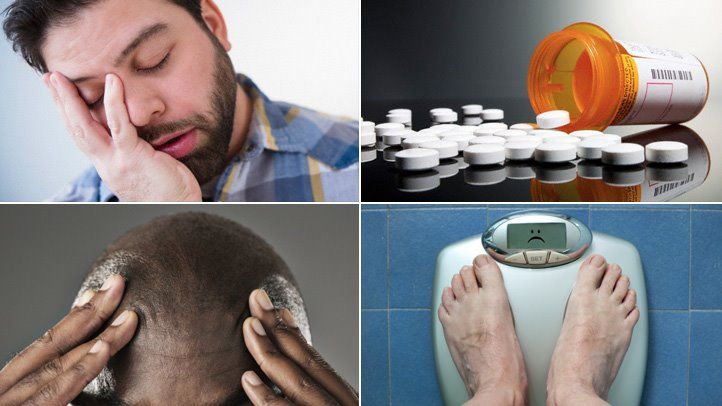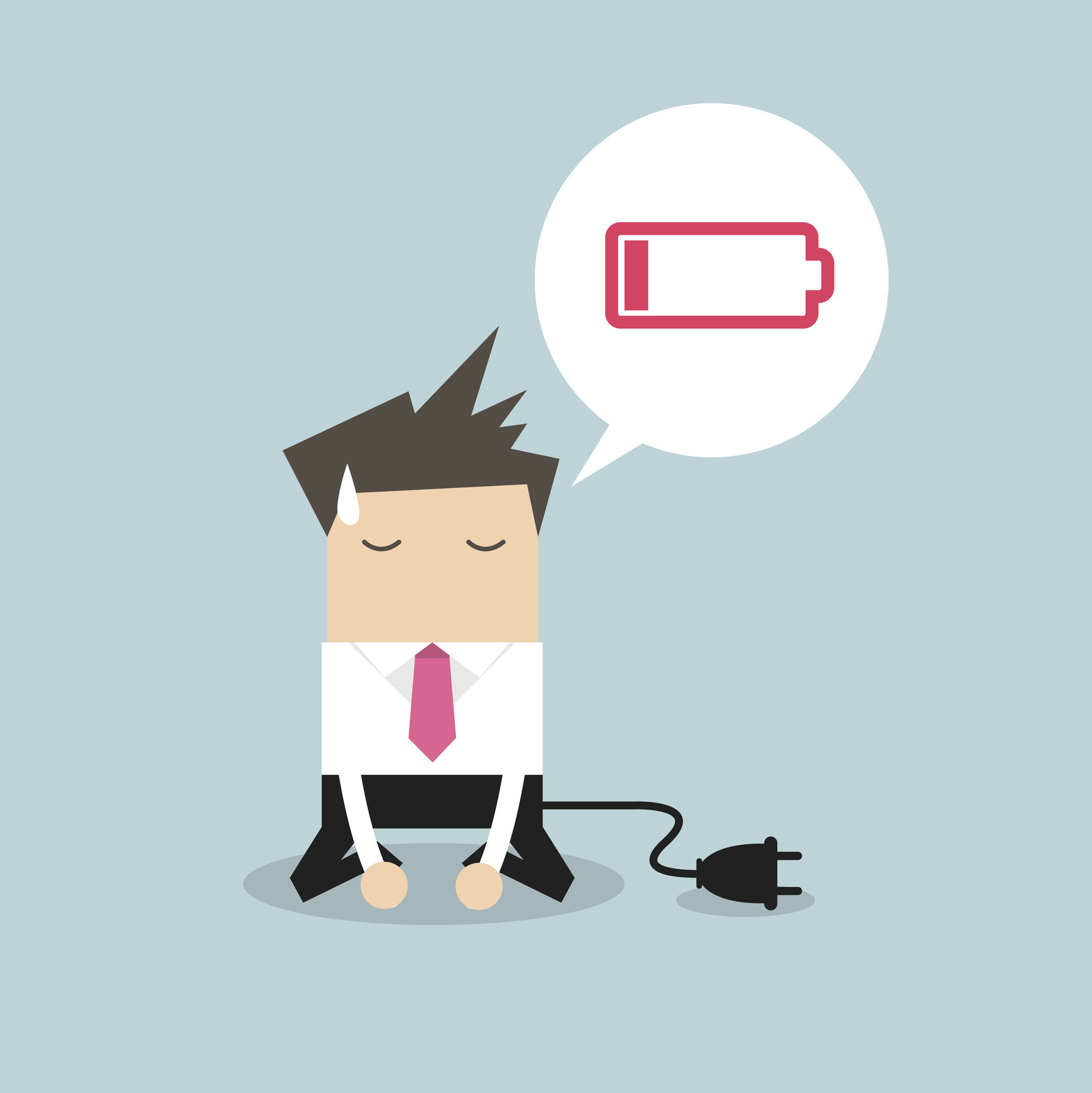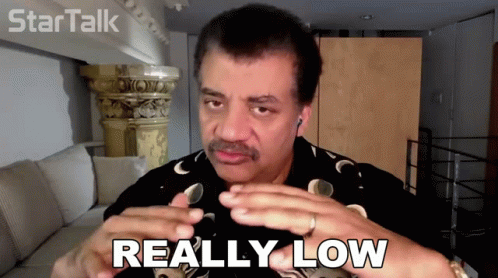Have you been feeling less enthusiastic about your daily activities? Does your sex drive seem to have fizzled out, leaving you feeling unmotivated and disinterested? You might not have considered it but one of the major causes of these symptoms could be low testosterone levels in your body.
But you’re not alone. A crude estimate puts testosterone deficiency somewhere between 10-40% in men the world over.

Testosterone is a sex hormone—chemical messenger—responsible mainly for the growth and development of male sex organs and secondary sexual characteristics like facial hair and a deep voice. However, testosterone impacts more than just the reproductive system. Its functions include the maintenance of:
- Muscle mass
- Bone density
- Mood
- Fat deposition
- Red blood cells
As men age, testosterone production naturally dwindles and can affect several areas of one’s life. Research suggests that levels of the hormone drop by around 1% every year after the age of 30.
Increasingly, however, more and more younger men are being diagnosed with low testosterone or “low T”. This can be attributed to a change in lifestyle over the years, with a shift towards a sedentary lifestyle, unhealthy eating habits, and drug use. Though it’s common for testosterone levels to decline with age, other factors such as obesity, diabetes, and chronic stress can also contribute to low testosterone levels.
But how do you know whether your body is producing less testosterone? There are some symptoms you might experience, including unexplained fatigue, low sex drive, decreased muscle mass, and mood swings.
So, what can you do to combat it? First, keep an eye out for the signs. If you’re constantly feeling tired despite rest, or your mood has been low for no apparent reason, it may be worth looking into.
Secondly, speak to your doctor. They can run some tests to see if low testosterone could be the culprit behind your symptoms. Or, you can simply speak t a doctor with Get Gambit. Click here to start your free consultation.
And lastly, don’t be too hard on yourself, nowadays there are plenty of treatments available to help you feel like your old self again. In recent years, awareness surrounding male hormone health has been increasing, and so has the number of clinical research studies investigating the impact of testosterone on male physiology.
Signs That Point to Low Testosterone
Decreased Energy and Fatigue
One of the most common signs of declining testosterone is a persistent feeling of unexplained fatigue throughout the day even after a good night’s sleep. Testosterone plays a crucial role in regulating energy and vitality levels.
When testosterone levels drop, energy and motivation take a hit. If you find yourself struggling to stay alert and focused throughout the day, it might be worth discussing the possibility of low testosterone with your doctor.
Lower Sex Drive and Erectile Dysfunction
A major sign of low testosterone is a reduced sex drive along with erectile dysfunction. While libido levels can change due to age or stress, a persistently low sex drive over a long period of time prompts a check-up for testosterone levels.
But why is this happening? Testosterone is essential for the development and maintenance of male sexual organs and functioning, including libido, erection quality, and sperm production. When levels of this hormone drop, it can lead to a decreased interest in sex and difficulty achieving and maintaining an erection.
So many common men’s health conditions are often caused by a decrease in testosterone. These include delayed ejaculation, reduced ejaculate (semen) volume, decreased intensity of orgasm, loss of morning erections, and infertility.
Reduced Muscle Mass and Bone Density
Two hormones, human growth hormone and testosterone, chiefly work to maintain the body’s organs, bones, and muscles. Testosterone binds to receptors on muscle cells to maintain the strength and integrity of muscle fibers. Due to a decline in testosterone, this process is interrupted, and you end up losing muscle mass and body strength. The added fatigue from testosterone depletion also prevents you from exercising vigorously to build muscle, further perpetuating the cycle. Testosterone also plays a role in bone formation by enhancing the number of bone-producing cells (osteoblasts) while limiting bone-dissolving cells (osteoclasts). Low levels of the hormone can thus result in decreased bone mineral density, making the bones weak and prone to fractures. Bone fractures from falls due to testosterone deficiency are quite common in older men.
Weight Gain
Androgens, or sex hormones, are also responsible for the distribution of fat in the body. Testosterone, in particular, decreases the deposition of fat in men, especially around the abdomen. A decrease in testosterone increases fat deposition and depletes lean body mass leading to weight gain and even obesity.
This can manifest as “pot bellies” as the fat usually deposits around the waist area. As you gain weight, your testosterone levels fall further, making it more difficult to shed weight due to lower energy levels. Chronically low testosterone causes a metabolic imbalance in the body, with a gain in overall fat mass, reduced insulin sensitivity, as well as irregular glucose levels.
Depressed Mood
Psychological symptoms of low testosterone can include depression, irritability, and decreased motivation. Testosterone plays a vital role in the emotional well-being of adult men. Men with low testosterone may also have trouble concentrating and sleeping. Memory impairment and cognitive changes are also common.
Studies have found that men with lower testosterone levels tend to suffer from higher rates of dysphoria and lack of assertiveness and confidence. This is because testosterone is linked to a variety of neurological activities, from the release of serotonin to neuroplasticity processes in an area of the brain known as the hippocampus.
Hair Thinning and Loss
Thinning body hair and balding are some of the lesser-known symptoms of low testosterone in men.
Male pattern baldness is caused by high levels of a hormone called dihydrotestosterone (DHT). DHT is a derivative of testosterone. Loss of testosterone also leads to a compensatory increase of DHT in the body. This can cause your hair follicles to shrink and your hair to become thinner and more brittle. Eventually, it leads to partial or complete hair loss.
Some Friendly Advice From Get Gambit
As you navigate the murky waters of low testosterone levels, remember that every person’s experience is different. There may be potential solutions that work for one person but not for another. You may experience some common symptoms like low sex drive, fatigue, or mood swings, but there is no one-size-fits-all solution when it comes to testosterone levels.
It’s important to consult with your healthcare provider and get a proper diagnosis before attempting to self-treat. Remember to prioritize your health and take action if you notice any changes that concern you. The journey to optimal testosterone levels may be a winding one, but with the right guidance and support, it is possible to achieve improved health and well-being.
If you think you may be suffering from low testosterone levels, get in touch with a doctor today. Start your free consultation now.
Disclaimer:
The opinions shared in this article belong to the author and, like all content on Gambit’s Health Hub, should not be considered a replacement for professional medical advice, diagnosis, or treatment. If you have any health-related inquiries, consult with your preferred healthcare professional or visit a licensed, Canadian physician through Get Gambit for a supported condition.
This article has been medically reviewed by:
Dr. Taneer Ahmed, MBBS, MS

